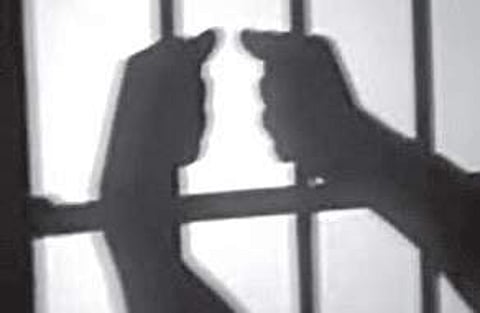

CHENNAI: In July, an Indian Oil Corporation petrol bunk that will be operated entirely by women convicts from Chennai’s Puzhal Central Prison will be opened. It will be the first such venture in India, although petrol bunks operated by male convicts have been in existence for some time, including in Tamil Nadu.
This is interesting, and not in the usual, sometimes tokenistic, way of all-women initiatives. It’s a notable exercise in both inmate rehabilitation and public perception. This development coincides with other ventures from the Tamil Nadu Prison Department. Among them is a programme that uses art as a healing and reintegration tool. Then, there’s the expansion of the Prison Bazaar programme. Shops already exist where items manufactured by inmates are available for purchase both by the police and the public. There will soon be an e-commerce platform as well.
The brand, honestly a little uncomfortably, is named “Freedom”. It’s just semantically strange. Certainly, freedom would be the natural aspiration of almost anyone in prison. But it’s also out of reach, and may not come into fruition at all for some. This isn’t to take away from all the kinds of value addition that it provides to the inmates themselves. Still, I would like to think the inmates came up with it themselves, debated it and voted on it democratically.
What we would like to think about inmates and all other people whose lives frighten us, whose experiences we can’t relate to, whose realities we don’t like to ponder — that’s really what initiatives like the petrol bunks start to address. They give inmates social reintegration possibilities even while serving out sentences, and give the public at large the chance to practice humanising one set of othered people.
In an unusual story I came across while researching these ventures, a former prison guard at the women’s jail in Byculla, Mumbai, who has been incarcerated and awaiting trial for six years following the custodial death of an inmate, approached a court for permission to undergo IVF treatments. She cited familial pressure to bear a child, even in her situation. The court has rejected her plea.
There are so many layers to this story — but it is not just a story, it is someone’s life. She is allegedly a murderer. It isn’t that she necessarily deserves sympathy. It’s just that thinking about the dizzying convolutions of human lives allows us to be more nuanced in our perspectives. Especially when, whether formally handing down a court order or casually shooting off an opinion online, we make pronouncements and judgments on the lives of others all the time.
Knowledge of the prison system, its purposes and the need to reform it isn’t high in India, but having such knowledge is a civic duty. Perhaps we can begin at either end: from the statement that reform is necessary and learning why, or from the position that prisoners are people too, and considering what the core needs and rights of all people are. This crucially must include thinking about incarceration, enforced disappearance and other oppressive tools that are used against political dissenters — both lionised and lesser-known people who suffer without having caused harm.